Many of us born in the 1980s and '90s have gone our entire lives without ever hearing of Tales of the City, a groundbreaking newspaper column turned novel turned PBS series that came to define generations of queer people.
With its recent debut on Netflix, Tales of the City is now getting the chance to reach a whole new generation of LGBTQ+ people. The stories are explicitly queer. Ellen Page plays Shawna, a bisexual bartender who doesn't quite have this love thing figured out. May Hong and Garcia play Margot and Jake respectively who, after Jake's gender affirmative transition, struggle to balance their love for each other with their sexual identities. Laura Linney and Olympia Dukakis return from the original series and alongside them, a recast character played by Murray Bartlett (who you might've drooled over when he played Dom in HBO's tenderly gay, gone-too-soon series, Looking).
PRIDE chatted with Bartlett about his role as Michael "Mouse" Tolliver, his far-reaching love for Tales of the City, playing an HIV-positive character, all of us learning from our LGBTQ+ history, those steamy sex scenes, and what it takes to build each other up intersectionality.
PRIDE: Were you a fan of the original Tales of the City series?
Murray Bartlett: I was! I was a huge fan. I first saw it in San Francisco, the first time I went to San Francisco in the '90s. A friend that I was staying with had the first season of Tales of the City on VHS, and so I watched them at his place and fell in love. And also it just was... it was intermingled with my first impressions of San Francisco. I projected a lot of Tales of the City on San Francisco, but also, in the '90s, particularly, it had that kind of feeling of community and family and you really felt it was kind of like, I don't know, you could feel the queer community and that it felt like a kind of a home base or something. Which is sort of what I felt from Tales of the City. It was this possibility of family and community in a way that we hadn't seen in the queer community on TV or film before.
The series originally aired on PBS and now here it is on Netflix. There's also quite a bit of sex, which I imagine was not in the '90s PBS version. Were you excited to bring this story to a new generation of LGBT people?
Yeah, absolutely. And that was really our showrunner and producers and our writing team really were focused on doing that. The show is not based on any of the books. It takes, you know, obviously the same characters and elements from the books, but there's a whole new generation of characters that don't exist in the books, or most of them don't. So there was a real kind of enthusiasm to kind of make the show relevant for now and reflective of the queer community now, which is much different to the way that it was back in the day when Tales first began it's run on TV. So, yeah, I think it's done really beautifully. Just showing the more diversity in the queer community than there was in the original shows. Also just seeing where we're at in terms of the way people in the queer community now are expressing gender and how we look at sexuality and gender and where we all fit on most spectrums. So I think it's brought the show into the present day in a really beautiful way, I hope.
With your character and Charlie Barnett's, I think Tales of the City reflects a lot on generational gaps. When Ben is flipping through Michael's phone book and so many of the names of friends are crossed out because they presumably passed on, I teared up. When you didn't live through the AIDS crisis, it's kind of easy to take where we are right now for granted. What do you hope younger viewers take from scenes like that and learn?
Well, you know I think it can be easy to forget what can befall in terms of the fights that were fought and fights that were fought and won and fights that were fought and still haven't been won. But just sort of understanding where we come from, I guess. And I think that's important to not take it for granted, particularly in the current political climate globally that we really need to be mindful of where we've come from and how important it is to be mindful that we don't slip back and keep fighting. Keep pushing forward.
There's a scene where you and Charlie are in bed and he reads the 30/30 list and you say I love you to each other, and I was literally just on my couch sobbing. It's still so rare for these gay characters, or any LGBTQ characters to be shown so tenderly. Why don't you think we get these kinds of tender scenes like this and what was it like to be a part of that scene?
Yeah, I think you're right. I think we're still trying to shake off the old drapes of gay characters and queer characters in TV and film that there has to be some sort of tragedy or there's like...either like...you know super dramatic or tragic or whatever...it's still rare just to see two people in a loving relationship.
And even though there's, you know, Ben and Michael have their issues and they have got a lot of shit to deal with we were really mindful of just being this authentically loving relationship. These two people that really, deeply love each other beyond all the stuff that they're trying to deal with, and I think just to show that tenderness that we feel in relationships that you don't see reflected back to you often in TV and film.
We were, Charlie and I, were so excited about having that opportunity, and I think there's a fair amount of sex scenes in our storyline in the show in general, but I think that always really in our storyline. They are about the tenderness and they're very much sort of story points, but we were really, not just in those scenes throughout, but really wanting to show how beautiful that relationship is. And the depth of that tenderness and that love is...yeah, it is rare that we get reflections of that. So we were really excited and mindful of putting our hearts into that.
As someone who watches media for a living, there are a lot of storylines that I've never seen before on Tales.
The storyline with May and Garcia I think is really fantastic. It's beautifully written and they're both have very little experience in their acting field that just are so...just...wonderful. So honest, and their stories were beautifully written, I thought. I'm really excited about that.
Your character is HIV undetectable, which means you can't pass the virus on, but Michael still seems to be overcoming this internal trauma from the AIDS crisis. He's nervous to stop using condoms with Ben. What is the show trying to say about the stigma surrounding HIV and sometimes the stigmas that we still carry ourselves and overcoming that trauma?
It's another sort of intergenerational issue where a lot of us who went through that period would carry a lot of trauma and baggage from it. It's such a wonderful period that we're moving into of people with HIV being undetectable and there's PrEP and so there's a lot more sexual freedom because of that.
But those of us who went through the time when we didn't know what the fuck was happening...you can say sex became a necessity and there was a lot of fear around it and it was ingrained. It's a great story to tell because we're in a period where people are undetectable. And it's not that sort of fearful kind of shit that we all had to go through. There's a lot more freedom and it's just a better time. But those of us of older generations still carry that trauma with us, so it's kind of navigating through, particularly these characters with Michael being in a relationship with a younger guy who's much more part of that new generation of more sexual freedom and he hasn't got baggage around it, it's another interesting point of being able to understand where we come from.
Looking at the history of it and why we're at this point and celebrating all the kind of freedoms that we have sexually now because of what went before but just sort of recognizing that there was, you know, it was ignored. People died, and there was this incredible trauma and that shit could happen again if we're not on guard, you know. If we're not mindful. So there's always that sort of thing of looking back and making sure that we don't let history repeat itself. But yeah, it's so amazing to be able to tell the story of a person living with HIV now and how different in wonderful ways that story is from, you know, even 10 years ago.
Generational differences come to a head at the dinner party in episode four. One of the guests, who was an older white guy, angrily teared up talking about a "society that didn't care whether you lived or died." I was so wrapped up in that story that when Charlie mentioned he obviously understood that feeling as a black man, I was kind of shook. I think Tales is starting important conversations about different identities and experiences within the community.
I think it's difficult to cover everything. It's difficult to fully represent the whole queer community, but I think the show really tries to do as good a job as it can. And it was a very diverse team of people in the writers' room, the totally queer writer's room. And the cast and crew was really mindful to make sure that these stories were told authentically from every angle and try and be as representative as the show can be of all different facets of the queer community. But it's sort of a mammoth task to try and do that completely. But it's an important one.
Well hopefully it gets more seasons and then we can keep seeing more and more of these stories.
Well, I hope so and for that reason, I feel like there are so many stories to tell, and there will be some that were missed in this season. And it feels like it would be amazing to have a platform to keep telling these stories. I feel like it's still a rare opportunity to tell those stories and to have a show that's based, that's anchored in queer characters and the queer community. It's still rare and I think one of the things that tells us that he's always done so well...is it's not like, it just feels like a bunch of people and their lives and their universal characters and universal stories, but they happen to be queer. There's obviously specifics about the queerness of these characters in their community, but it transcends that so I think you can relate to it just on a human level. I hope, and I think the intention was always to not make it strictly issue based, even though it deals with issues. But it's just about these people.
At the end of every episode, the Pride flag with the newly added black and brown stripes flashes on screen. That flag has been more than a bit controversial over the last couple of years since it came out. It's a very bold statement, especially considering this is a reboot of a '90s show that will attract an older audience, some of whom were the most outspoken against the flag and believed it to be divisive. Why was it important for the show to show it after every episode?
I mean, to be honest, I haven't had those conversations with the people who made the decision to do it, but I just know that they really wanted the show to be very inclusive and they were very mindful. The cast and crew was very, very diverse and it was just that sort of...that intention of being as inclusive as possible, so I'm assuming that's where it comes from. But to be honest, I was not in on those conversations or why it's there.
What did it make you feel?
I mean...excited. It was just unexpected to me because I think that it is such a controversial image that I think it's going to start a lot of conversations. Maybe that conversation has also progressed since that flag debuted in, what, 2016, maybe, and it was a big conversation, then. But maybe we've progressed farther on that now. I don't know.
Yeah. I mean I think that it's one of those things that Tales has always done. Going back to that episode you were talking about, that big dinner party scene, it throws up these things but it doesn't provide any easy answers or solutions. It has a way of just sort of throwing things out there like, 'How about this...let's talk about this...' But it doesn't try and box it up and package it neatly, necessarily. It's just like, these are things that we should talk about. These things that we need to be having conversations about. We are in an incredibly wonderful, diverse community and we can afford to build bridges within our community.
There's division within our community and outside of it and that's something that we need to address. You know, look at how we can learn from each other and build some of those bridges. So I think Tales is definitely one of those forums that can throw those things up, but hopefully without being too preachy about it.
Tales of the City is on Netflix now. Watch the trailer below.
Photos courtesy of Katrina Symonds/Netflix.


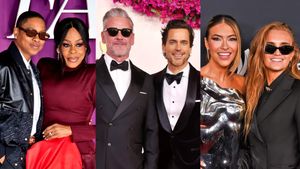

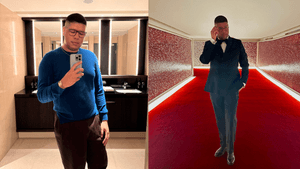




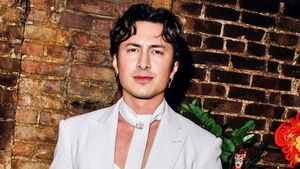

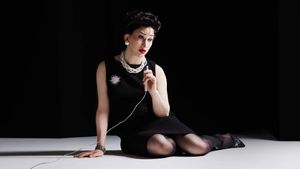

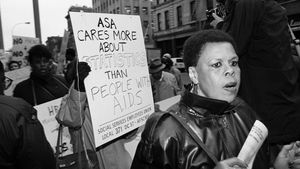
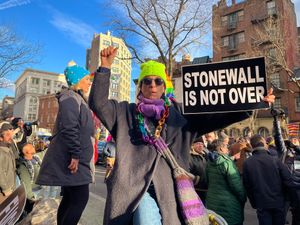



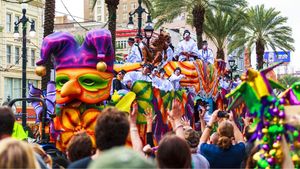
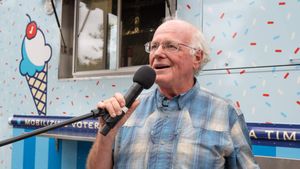










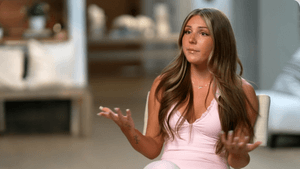
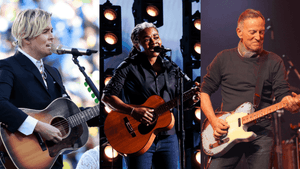
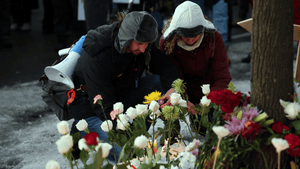




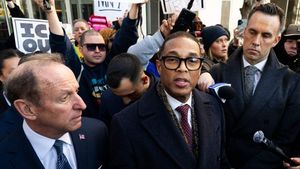
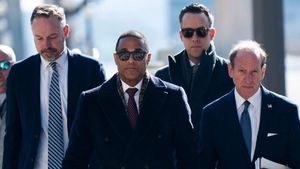

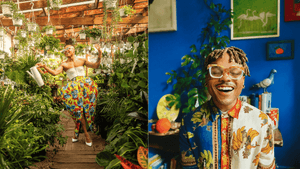





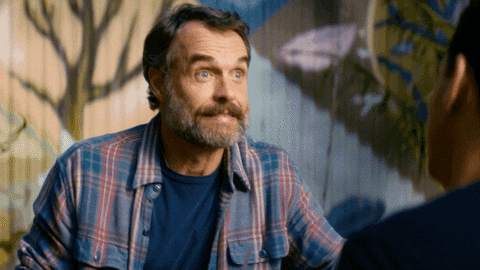
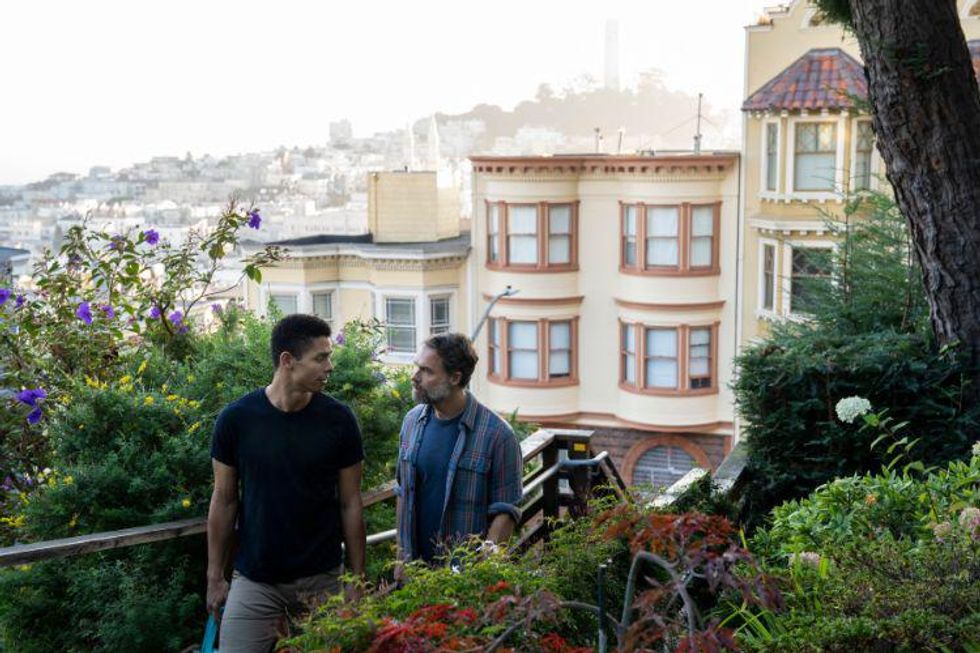
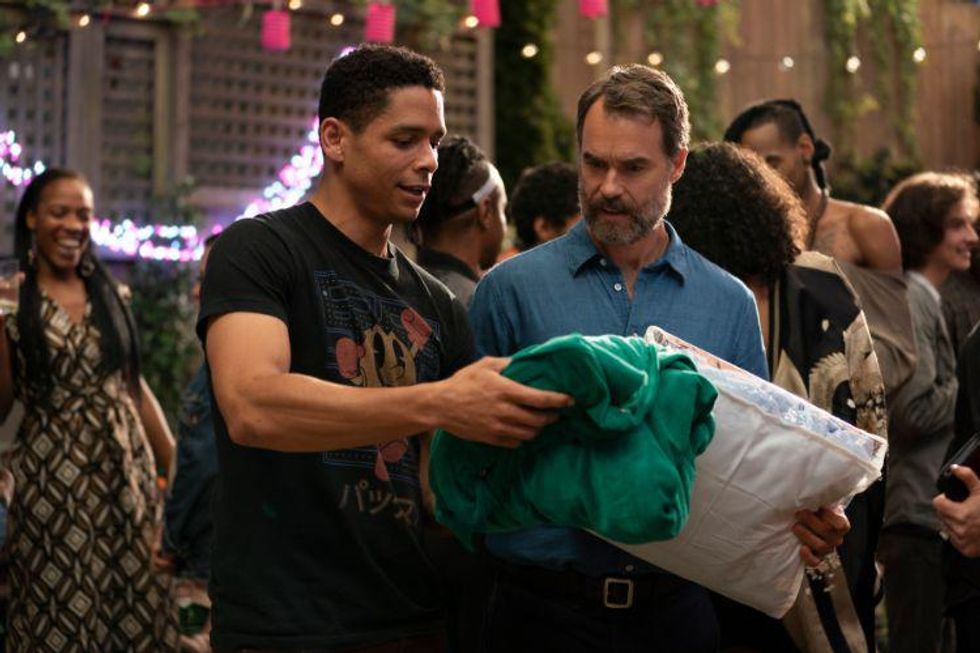
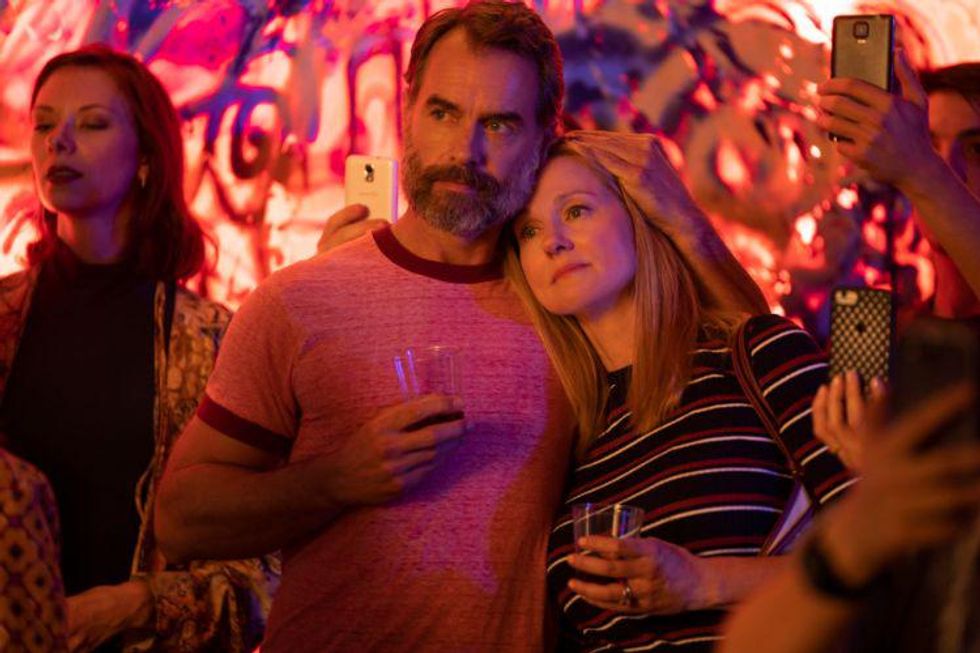
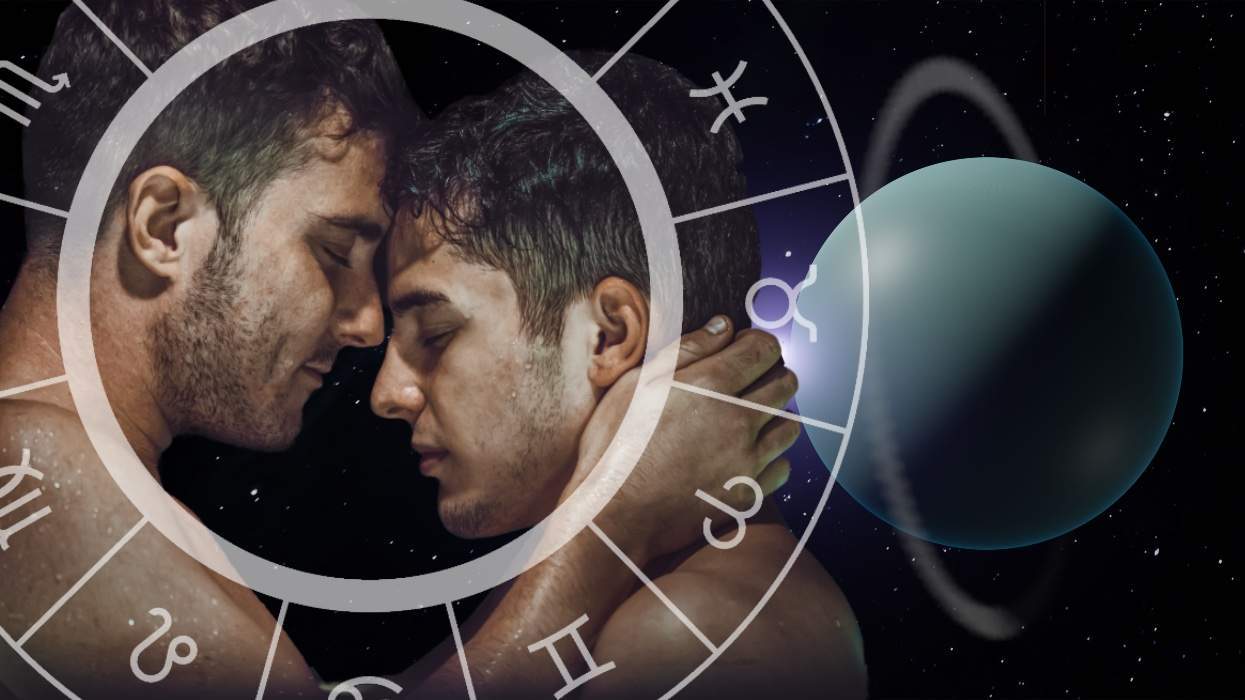
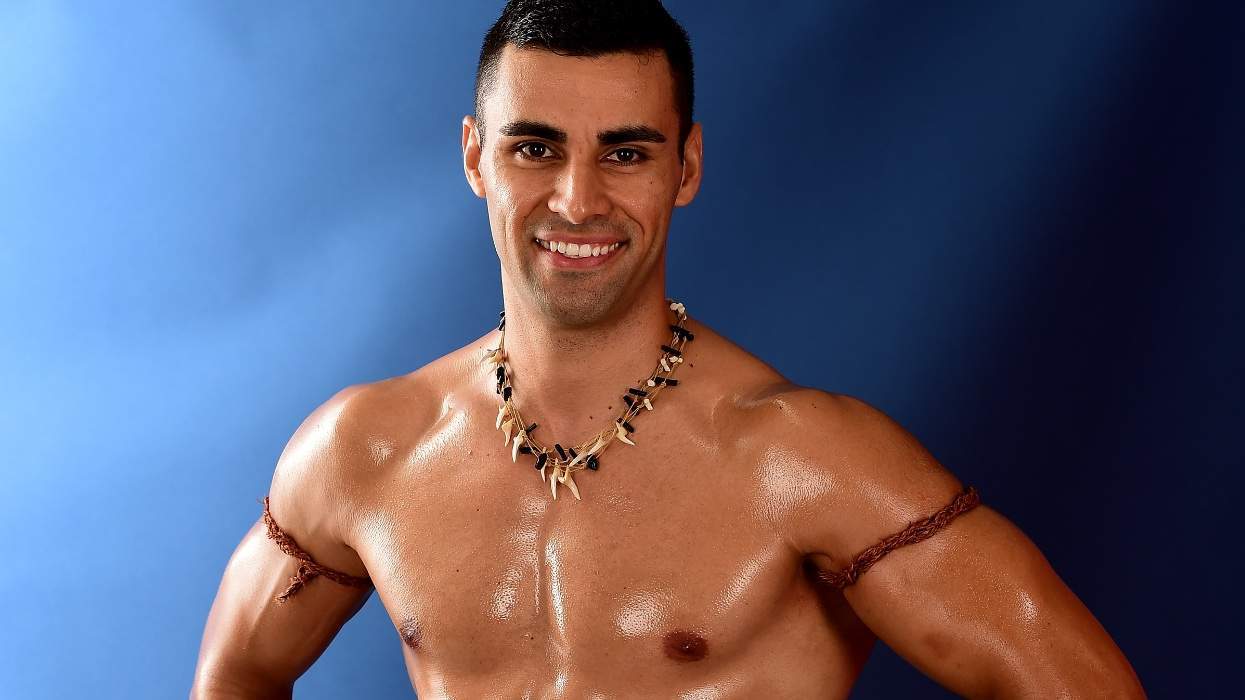
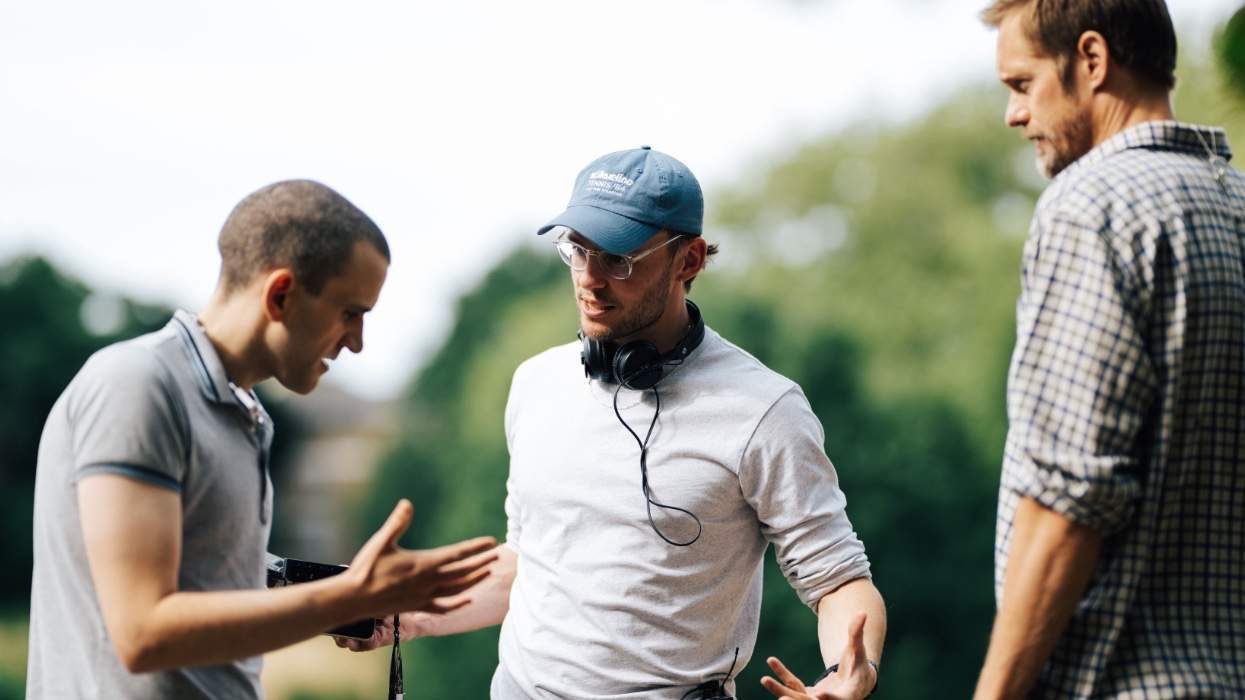
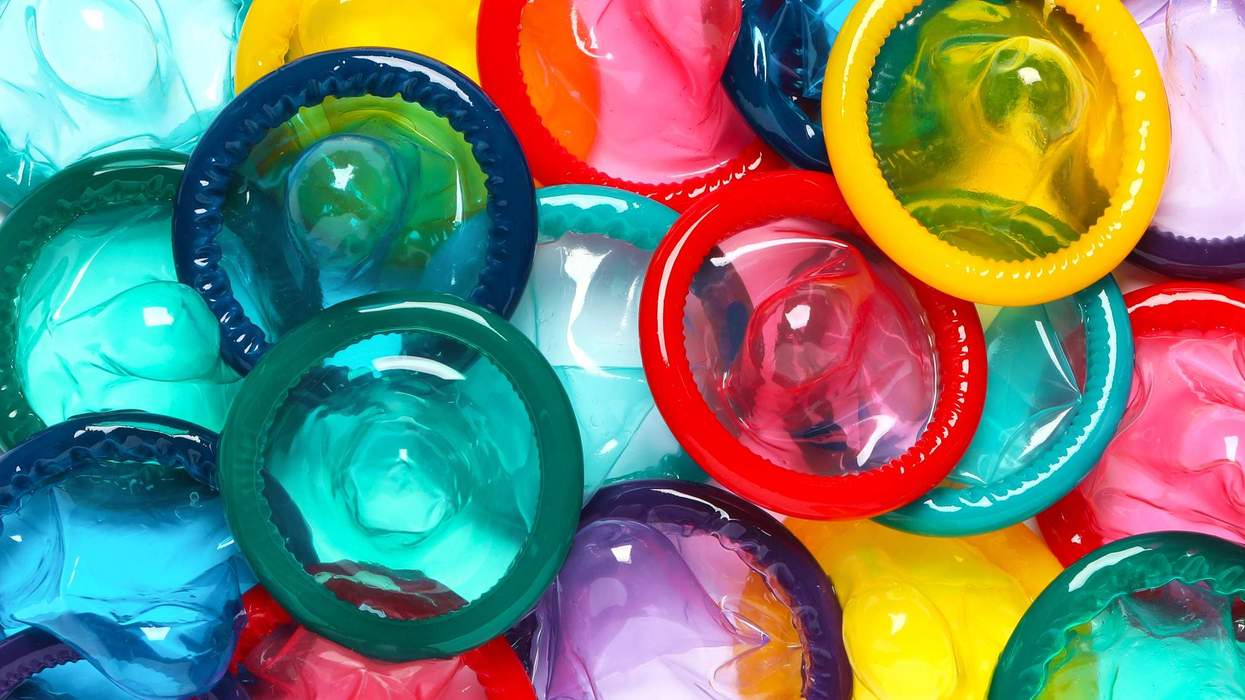

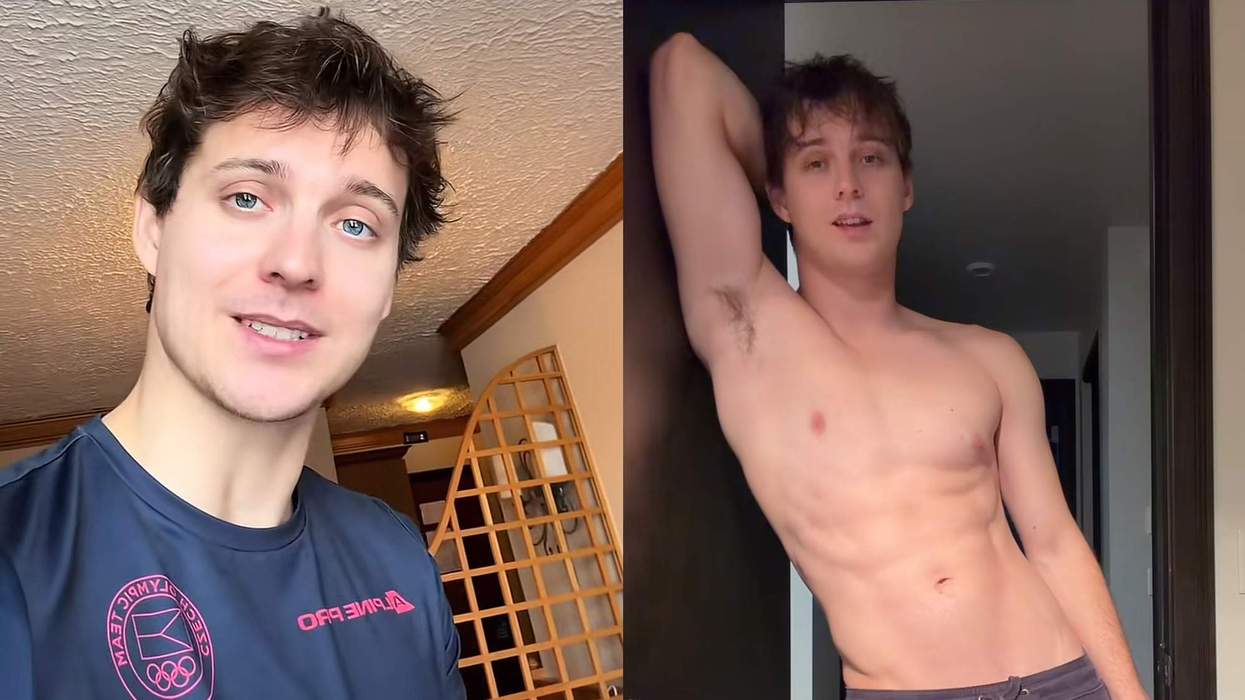

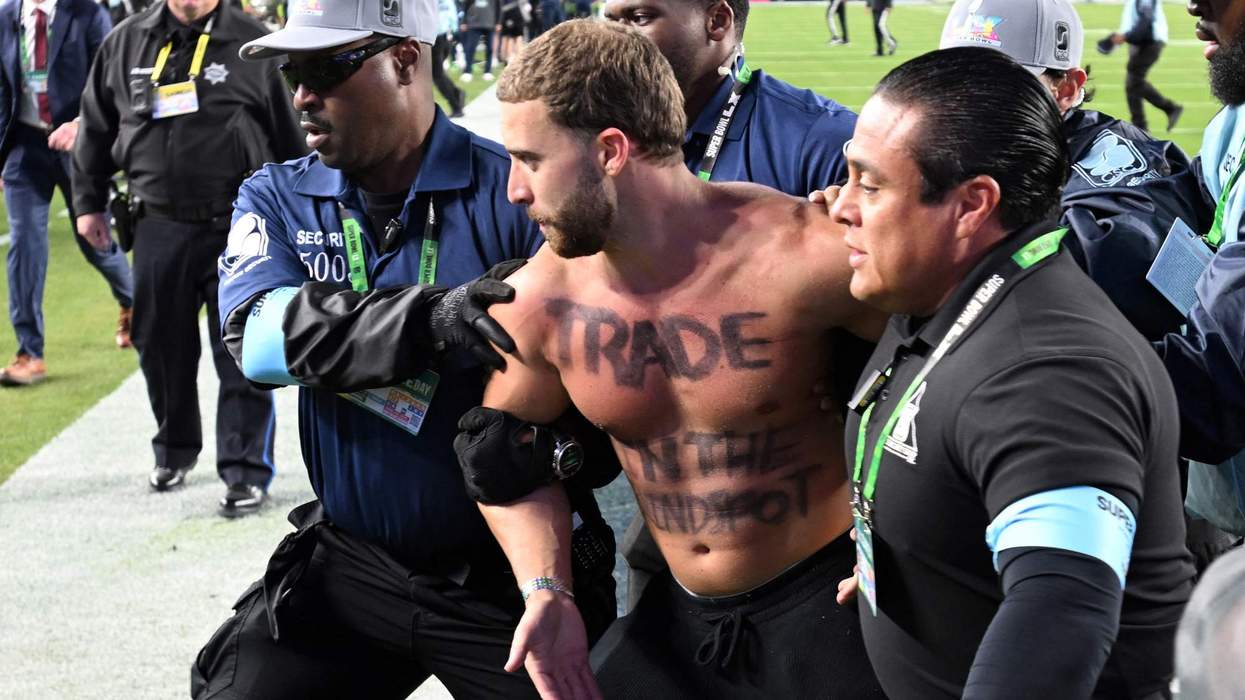
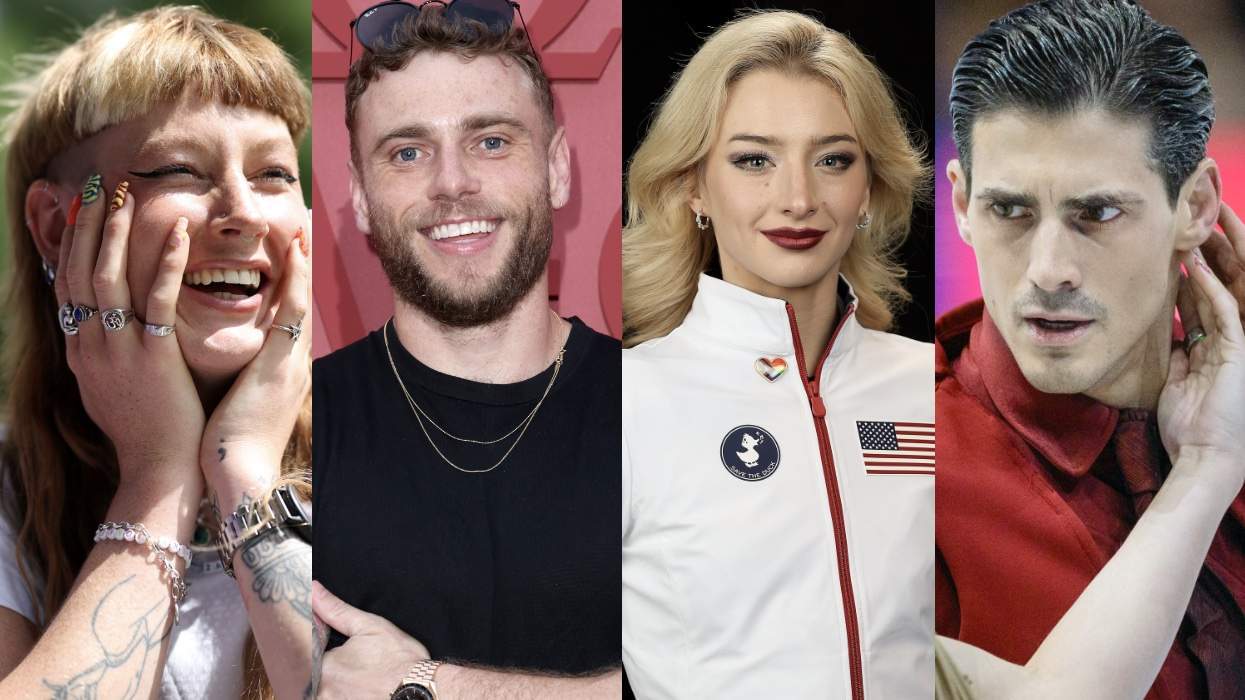
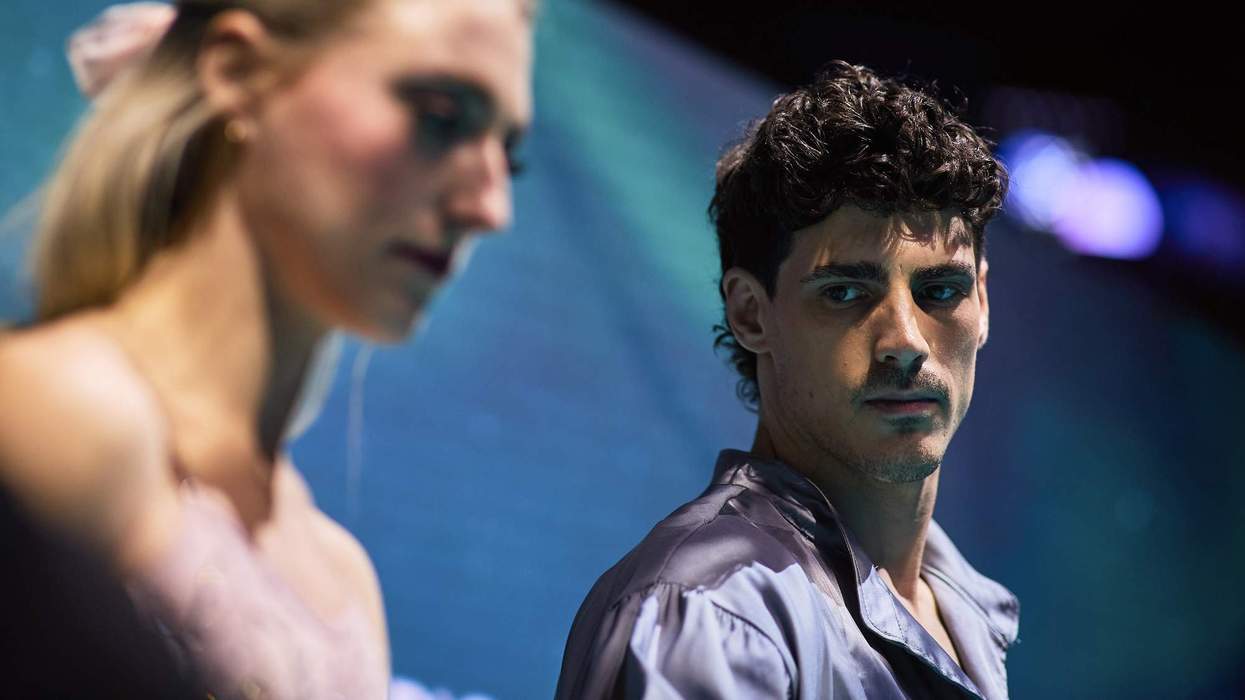
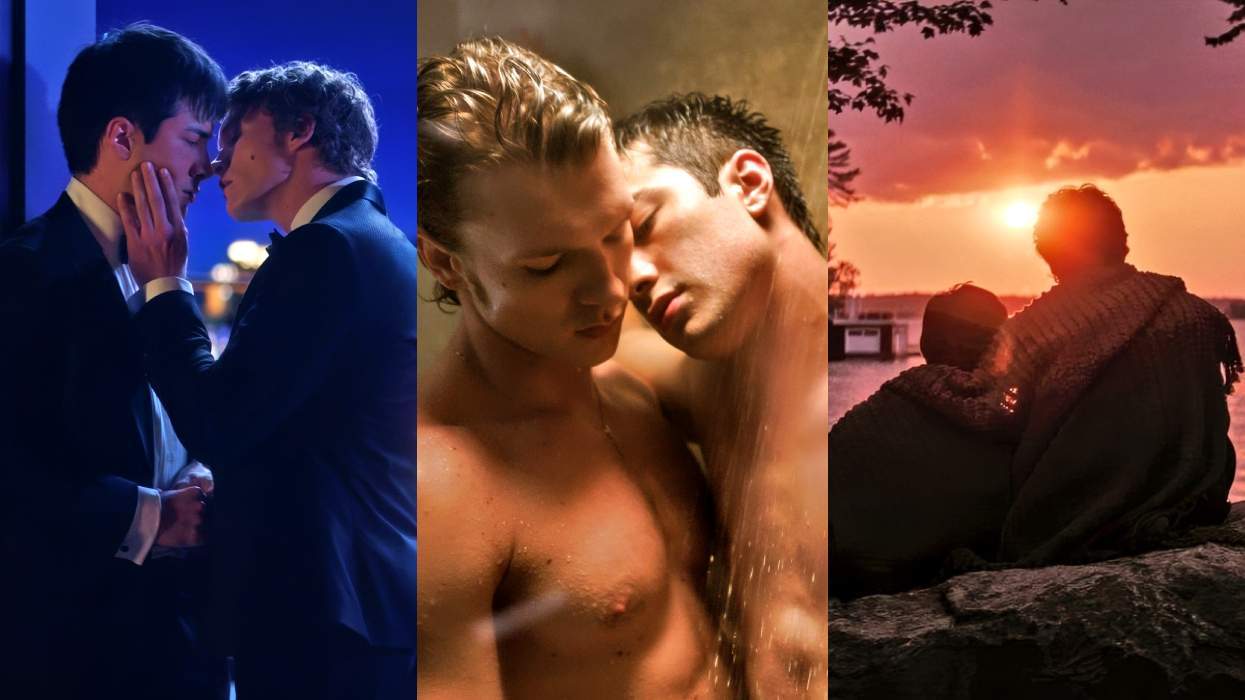
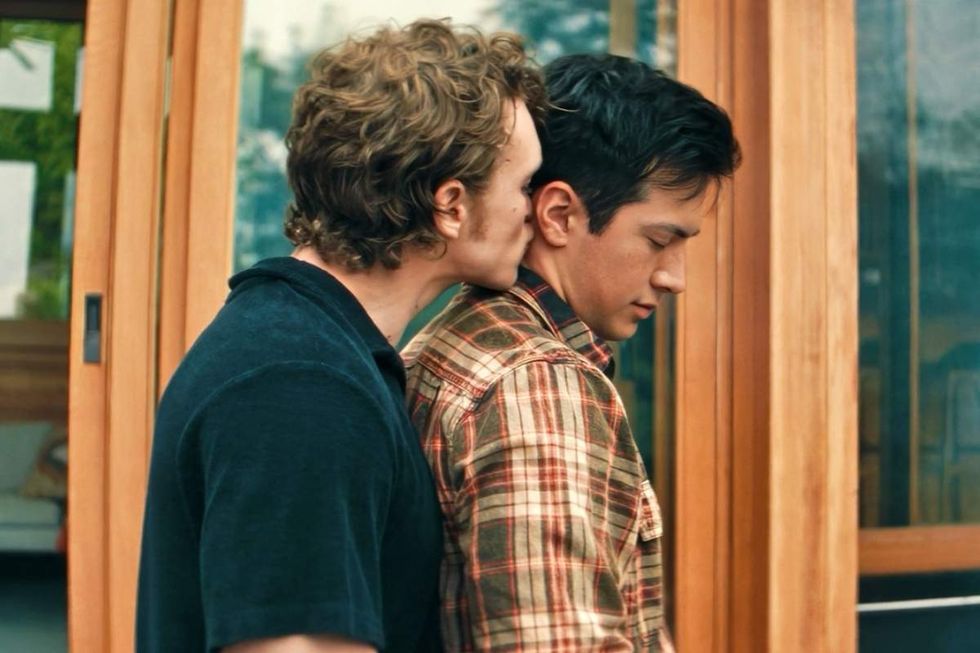 Hudson Williams as Shane Hollander and Connor Storrie as Ilya Rozanov on Heated Rivalry.HBO Max
Hudson Williams as Shane Hollander and Connor Storrie as Ilya Rozanov on Heated Rivalry.HBO Max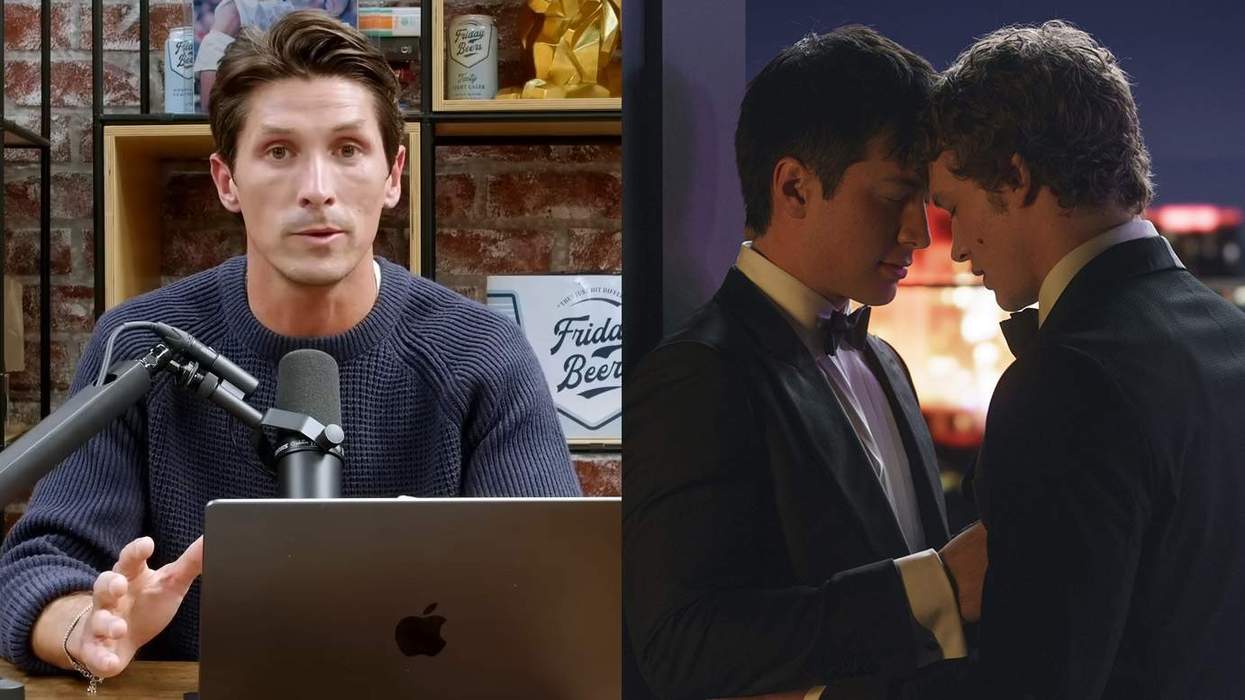
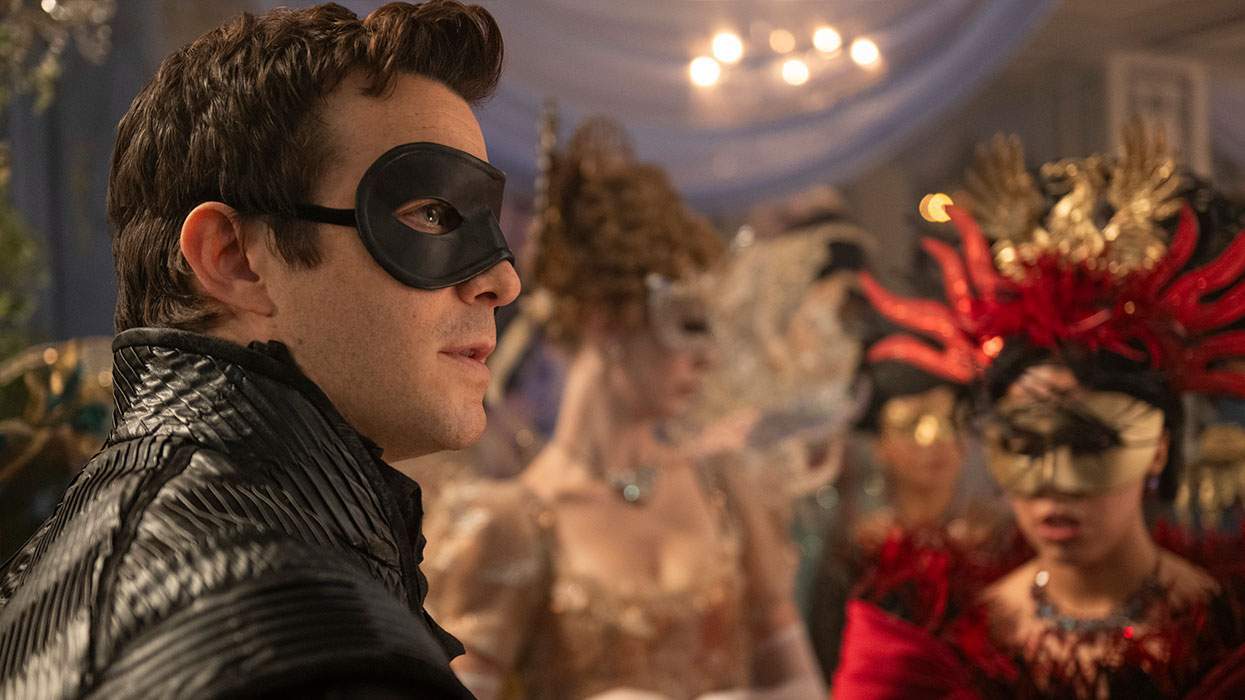

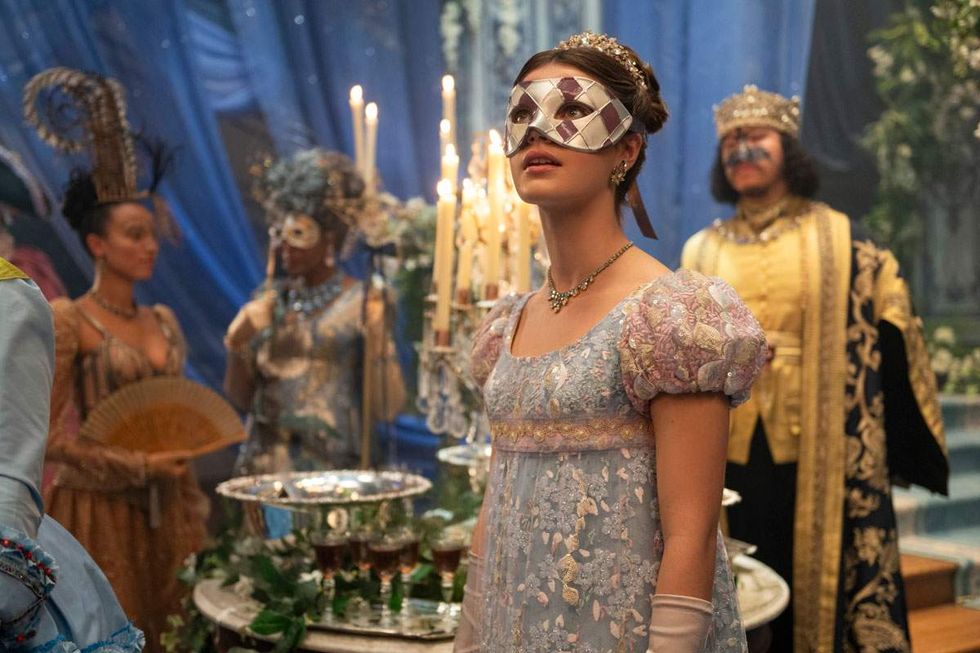 Hannah Dodd as Francesca BridgertonCourtesy Netflix
Hannah Dodd as Francesca BridgertonCourtesy Netflix
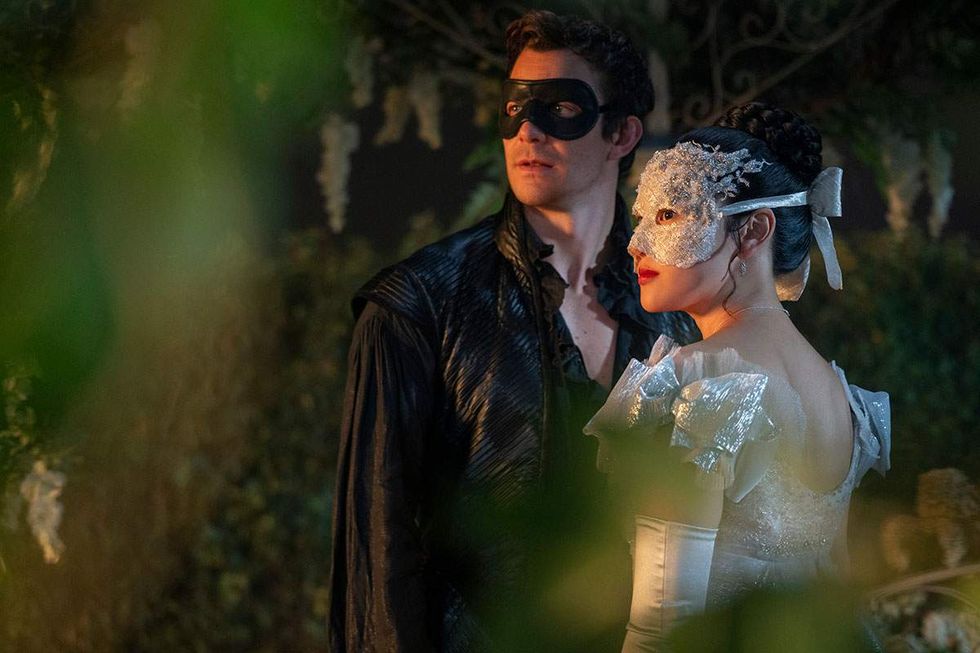 Benedict (Luke Thompson) and Sophie (Yerin Ha) in Bridgerton season 4.Courtesy Netflix
Benedict (Luke Thompson) and Sophie (Yerin Ha) in Bridgerton season 4.Courtesy Netflix
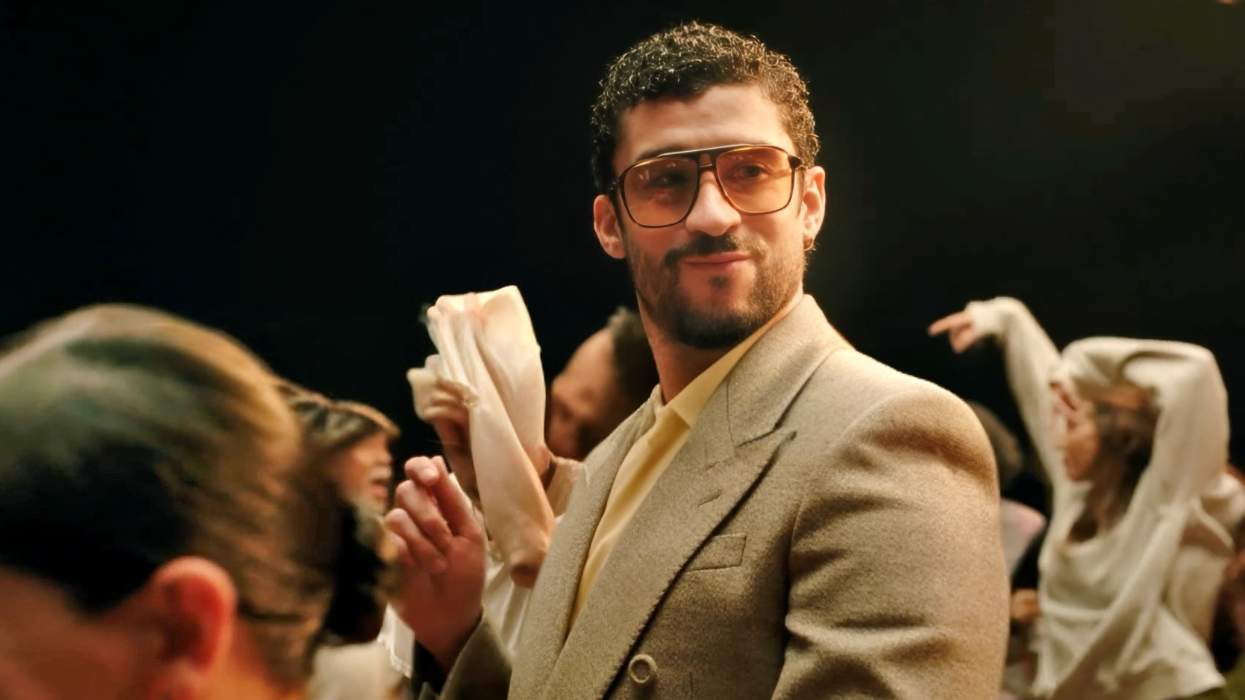
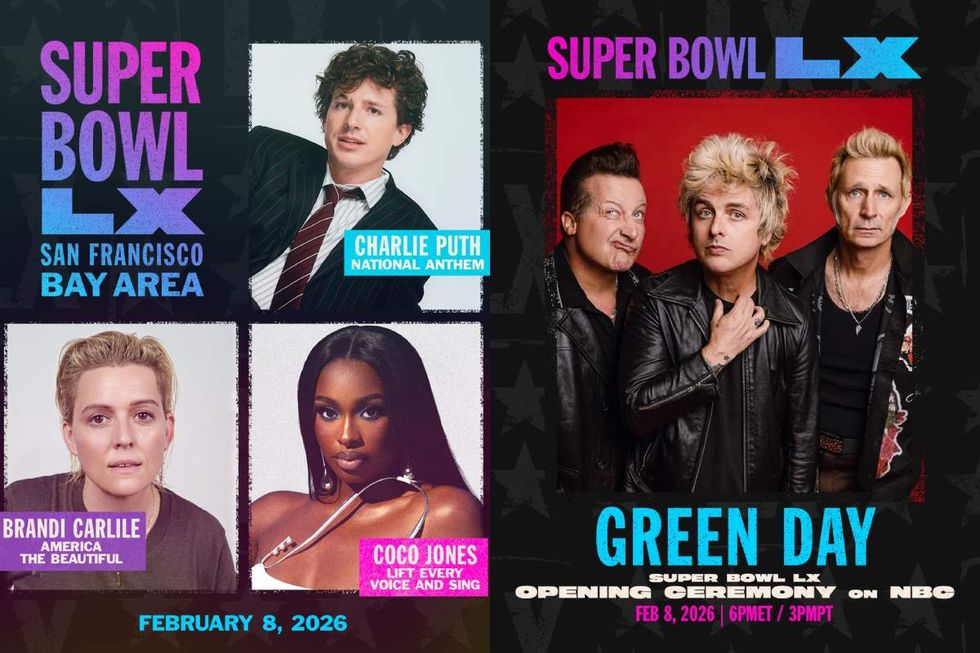 Charlie Puth, Brandi Carlile, Coco Jones, and Green Day announced as performers for the 2026 Super Bowl.
Charlie Puth, Brandi Carlile, Coco Jones, and Green Day announced as performers for the 2026 Super Bowl.